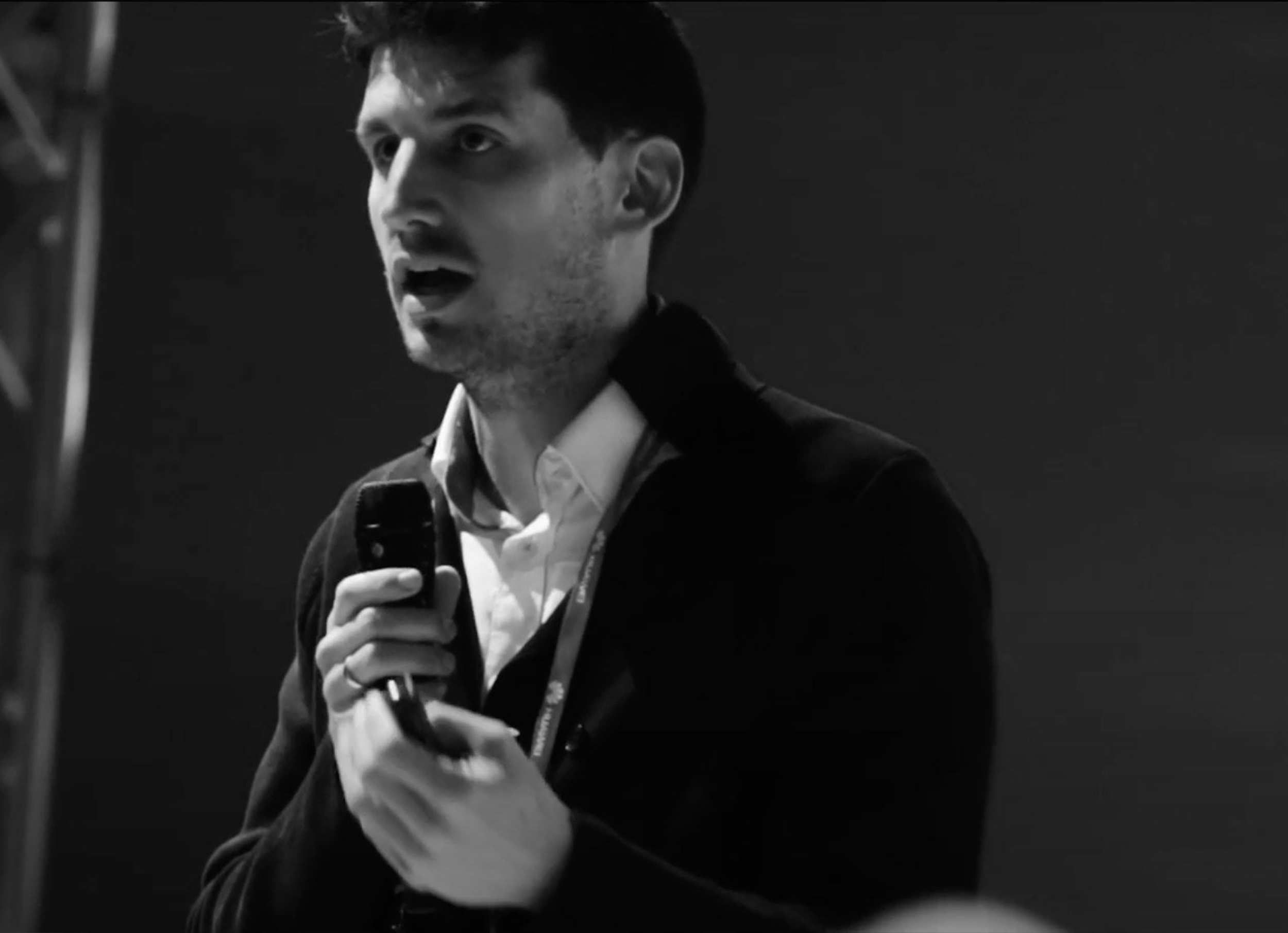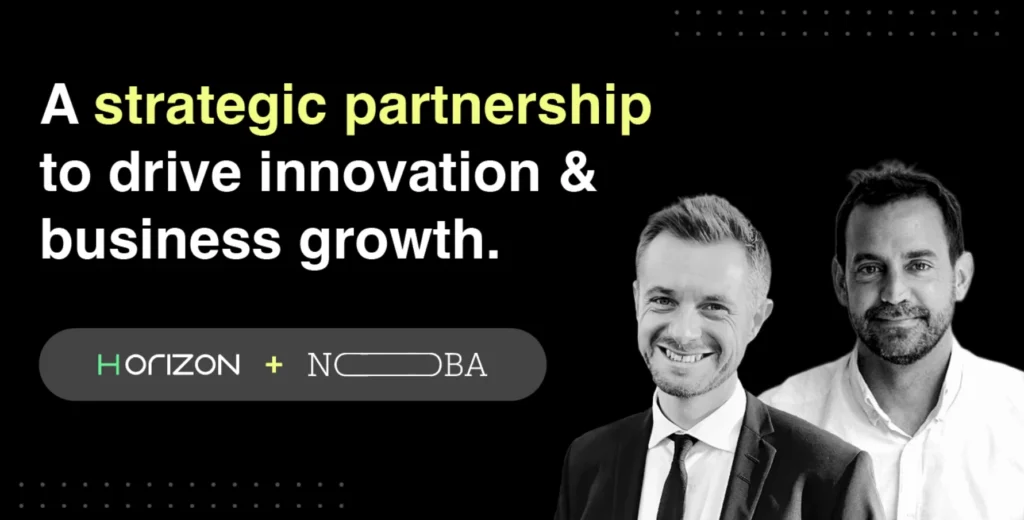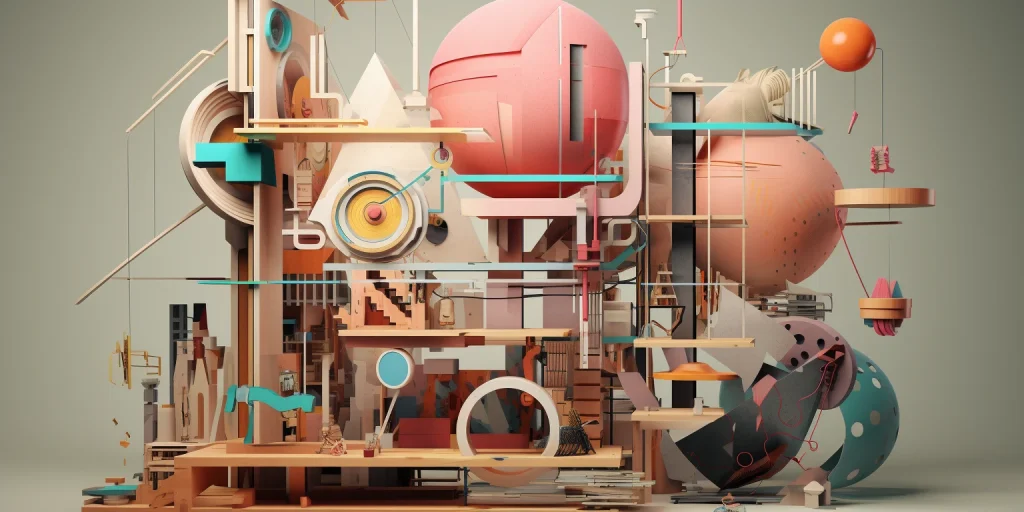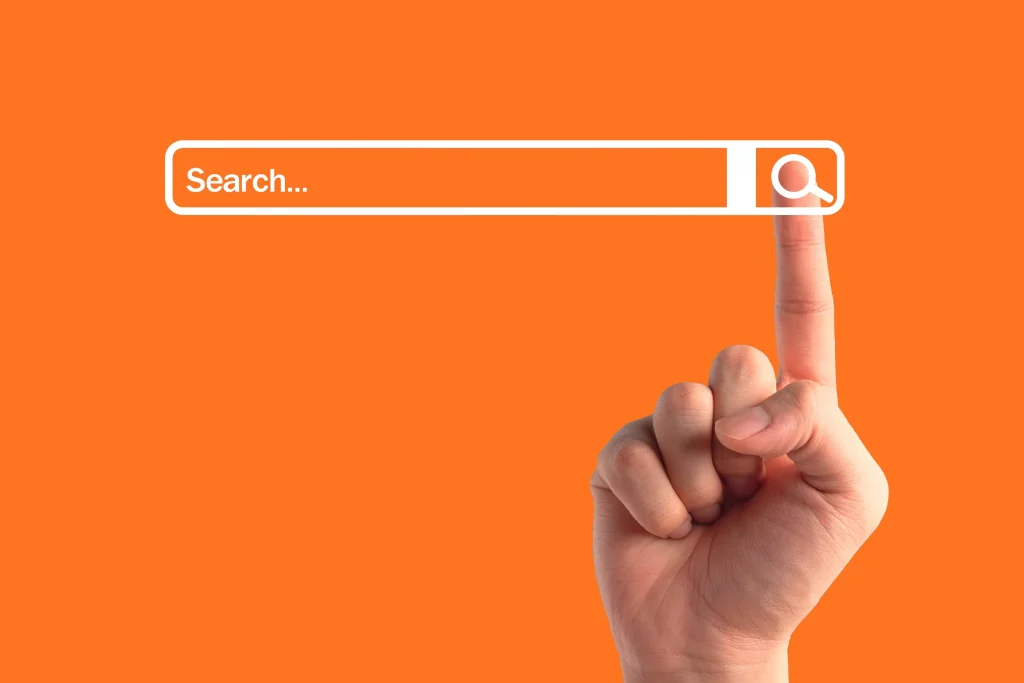Starting this season, the answer to this question might change. We advise you to keep reading before placing your bets.
If in Football, a team’s speed increases the odds of winning a match. in Business, speed is mandatory. Fast players can outpace rivals when attacking and defending which is useful in some matches. The fastest company can learn in the market quicker, finding a product-market-fit before the competition or before money runs out. Once that market fit has been established, it is a lot less riskier to “place your bets” on an idea.
The high-performing and financially powerful FC Barcelona is a good example of a club which is both fas on the pitch and in the market. In a recent game, they need only 2 minutes to settle a game. At the same time, they revealed plans to a major upgrade on Camp Nou and created a hub to promote knowledge and innovation in Sports. No sign that the Catalan team is ever going to stop.
Meanwhile, here at NOBA, we’ve been working with corporates to design new business models that customers care about. We do so by applying the startup methodology to innovation processes: rapid prototyping, data-driven decisions and lean product development, working jointly with internal teams.
When we heard about the desire of the FC Barcelona to improve the experience of its fans, we decided to design a quick experiment to help them to collect data for their decision process. To leverage existing resources, we invited startups from the 4YFN, the business platform of the Mobile World Congress in Barcelona, to pitch us how their current solution could be applied to this challenge.
Startups were given a week to prepare, which goes to show how used they are at scrapping together a prototype to measure interactions with users. The goal of the experiment was to generate as many useful insights as fast as possible, in order to help the Barça Innovation Hub make data-driven decisions.
The selection of startups was incredibly diverse. American, Israeli and Japanese teams were joined by local startups from Barcelona and Madrid. Texel used their virtual reality to immerse football fans in a stadium seat, while Cooncert showed the benefits of the power of crowds to organize pre-match events. Spirals installed NFC technology to provide location-based interactive information and Drops used Bluetooth to improve the comfort of those attending a match. Lastly, Eccocar provided selected fans an easy hassle-free way of getting to and from the stadium.
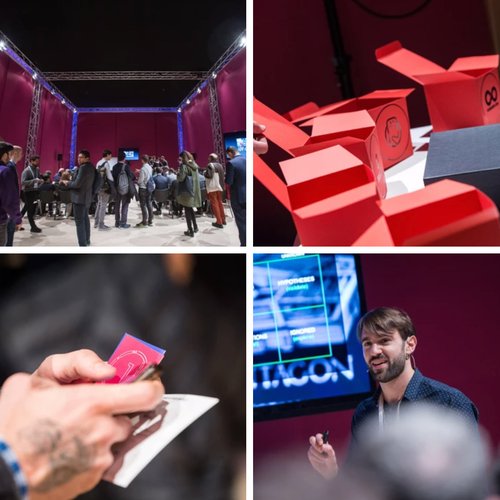
Teams go a long way to to put together fast teams to help them win tournaments. We believe the same mindset should be used when approaching innovative ideas. Only then is it safer to place your bets.
